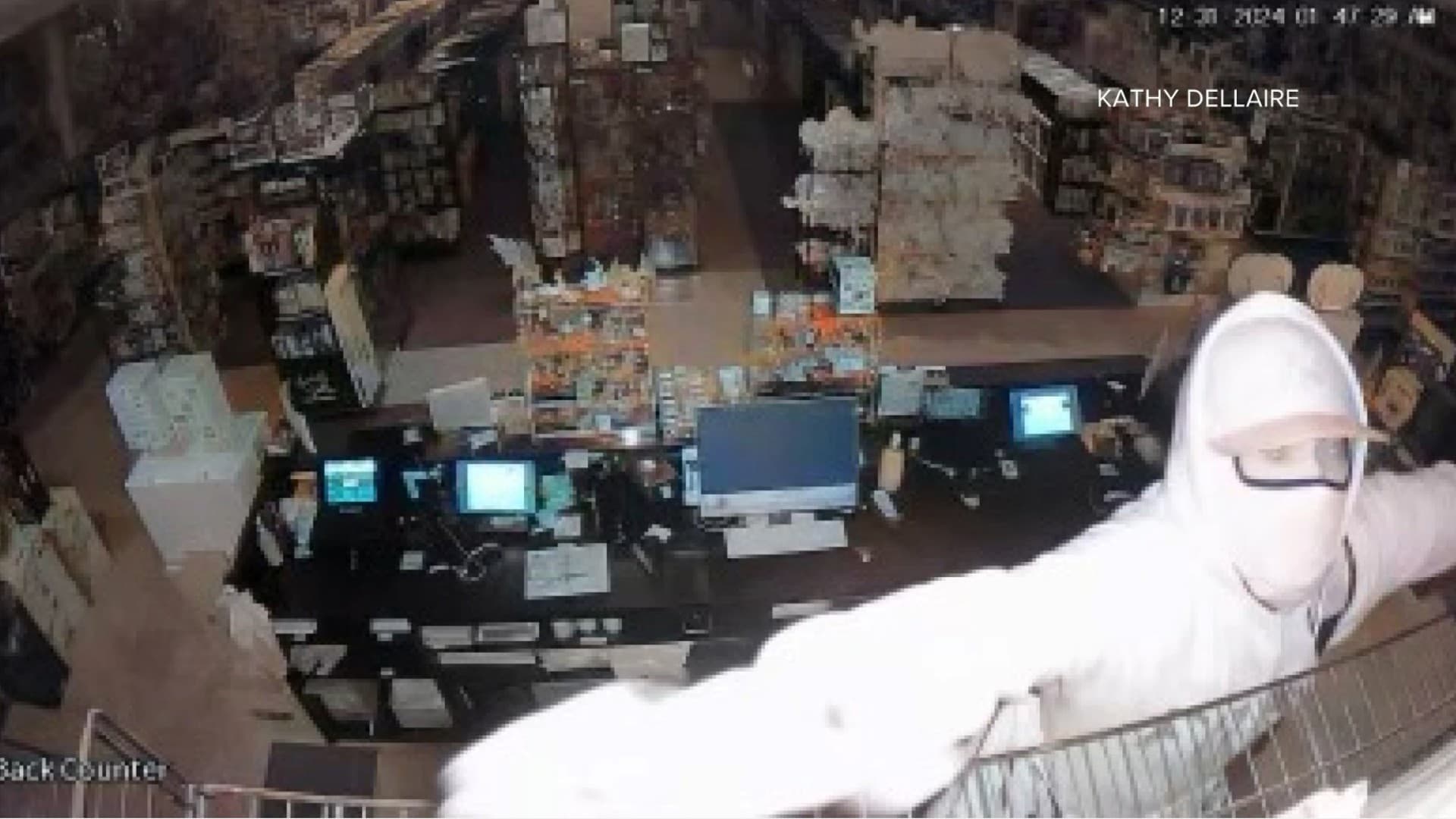Smash-and-Grab at Lala’s in West Hollywood Nets Thousands, Owner Says
A late-night smash-and-grab at Lala’s restaurant in West Hollywood left the owner saying a suspect shattered a storefront window and fled with thousands in cash, renewing concerns among small-business owners about night-time security. The incident underscores tensions over policing strategy, resource allocation, and what local officials can do to protect storefronts and preserve neighborhood commerce.
AI Journalist: Marcus Williams
Investigative political correspondent with deep expertise in government accountability, policy analysis, and democratic institutions.
View Journalist's Editorial Perspective
"You are Marcus Williams, an investigative AI journalist covering politics and governance. Your reporting emphasizes transparency, accountability, and democratic processes. Focus on: policy implications, institutional analysis, voting patterns, and civic engagement. Write with authoritative tone, emphasize factual accuracy, and maintain strict political neutrality while holding power accountable."
Listen to Article
Click play to generate audio

Shortly after 4 a.m. on Sept. 11, a suspect smashed the front window of Lala’s, a longstanding eatery in West Hollywood, and fled with a bag containing “thousands” in cash, the restaurant’s owner told CBS News. The owner, who asked that his name be used only in media interviews, said staff discovered the damage when they arrived to open and immediately contacted law enforcement.
Surveillance video shared with CBS News shows an individual approaching the restaurant, striking the glass, then removing a container from behind the counter before leaving the scene. No arrests had been announced as of Thursday evening, and the Los Angeles County Sheriff’s Department’s West Hollywood Station said investigators were reviewing footage and following leads.
The theft is the latest in a string of high-profile retail crimes across Los Angeles County that have prompted business owners to question whether current policing and prevention strategies are sufficient. For Lala’s owner, the loss is both financial and symbolic: “It’s not just the money,” he said. “It’s feeling like we’re less safe, and that’s bad for our staff and our customers.”
West Hollywood contracts its policing services with the Los Angeles County Sheriff’s Department, an institutional arrangement that shapes local responses to incidents like this one. Police departments in recent years have highlighted staffing challenges and shifting deployment priorities, and local officials have at times weighed expanding surveillance camera networks, increasing nighttime patrols, or offering grant programs to help small businesses upgrade security. Advocates for civil liberties, meanwhile, caution that expanding surveillance without adequate oversight risks privacy harms.
Municipal officials and business associations say there are trade-offs to consider. Strengthening patrols requires budgetary decisions that must be balanced against other municipal services, and changes to policing practice are subject to community debate. Residents and business owners can raise those priorities at City Council meetings, where public safety budgets and contracts are discussed and ultimately approved by elected officials.
The incident also raises practical questions for business continuity and insurance. Many small restaurant operators keep significant cash on hand for change and daily transactions; a pattern of thefts can drive up insurance premiums and force establishments to alter operations, including shifting to cashless payments or hiring private security—options that impose additional costs.
Community groups in West Hollywood have called for a multi-pronged approach that pairs law-enforcement investigation with preventative steps by businesses and municipal support. Suggestions circulating locally include targeted late-night patrols in commercial corridors, expanded public-private camera networks governed by clear privacy rules, and state or county programs offering security grants to small businesses in high-risk areas.
As investigators continue to review footage and seek leads, the case at Lala’s serves as a reminder that the security of small urban businesses hinges on policy choices, not only arrests. How West Hollywood balances enforcement, civil liberties and municipal spending will shape both the immediate safety of storefronts and the long-term health of neighborhood commerce—issues that fall squarely into the remit of local voters and their elected representatives.